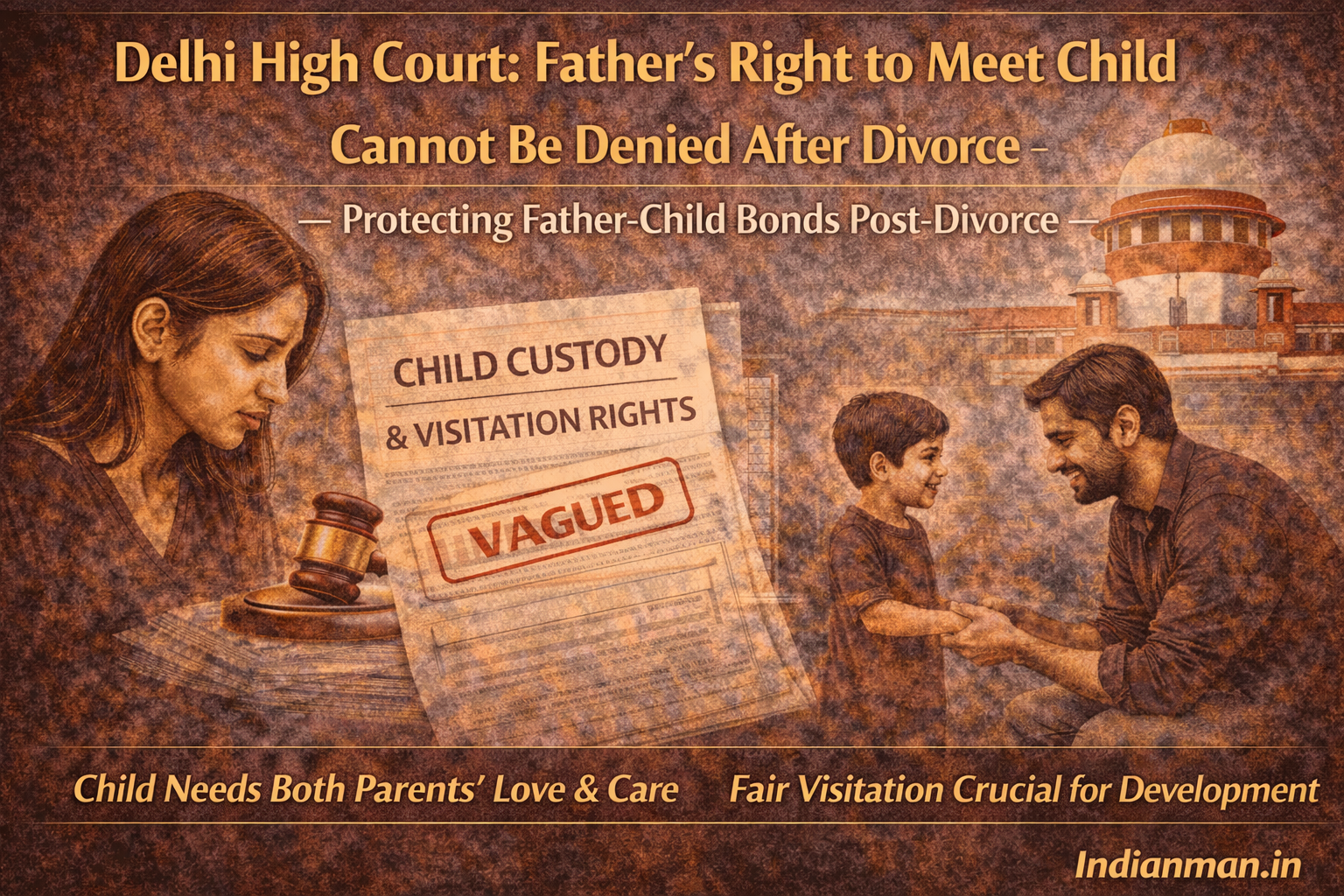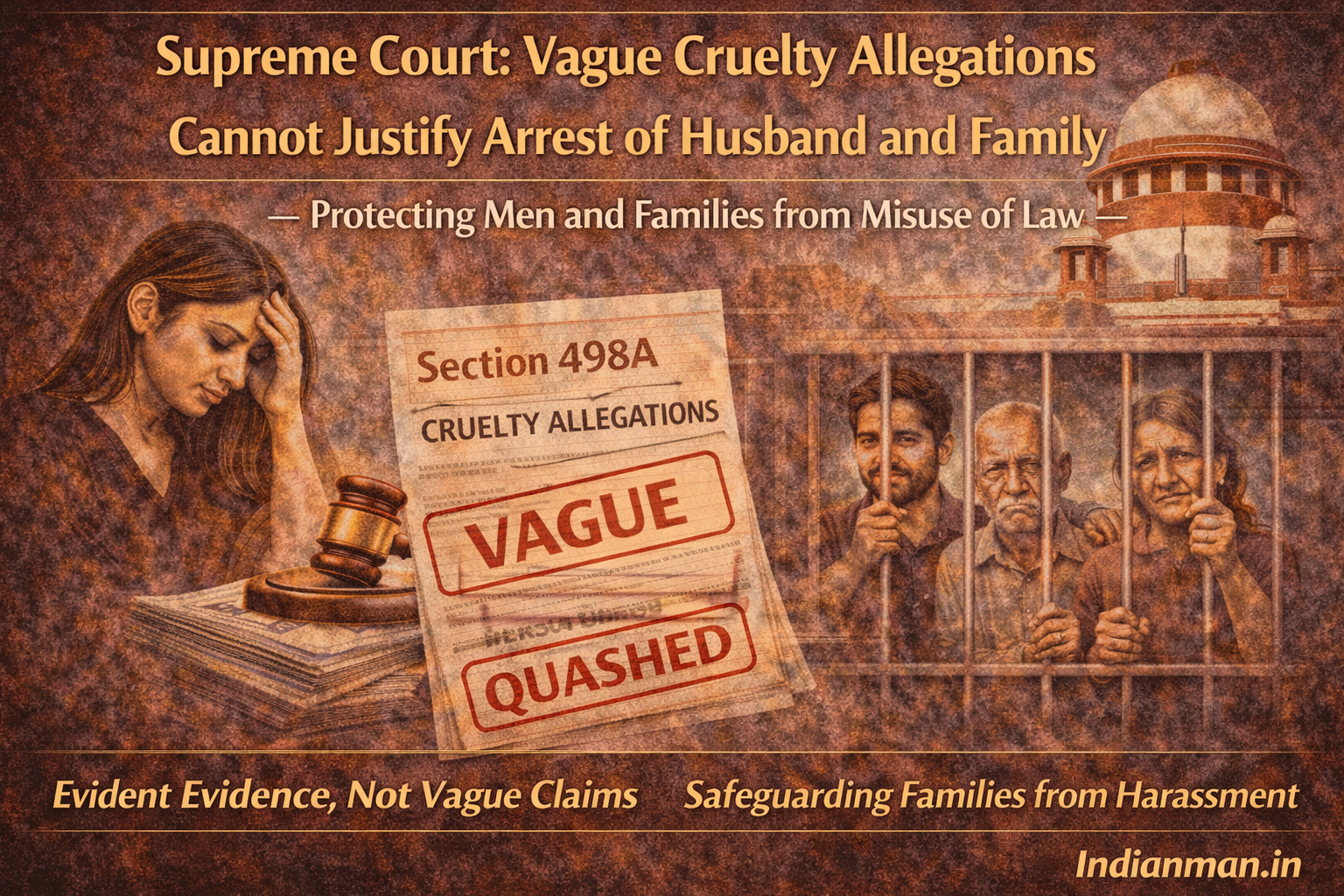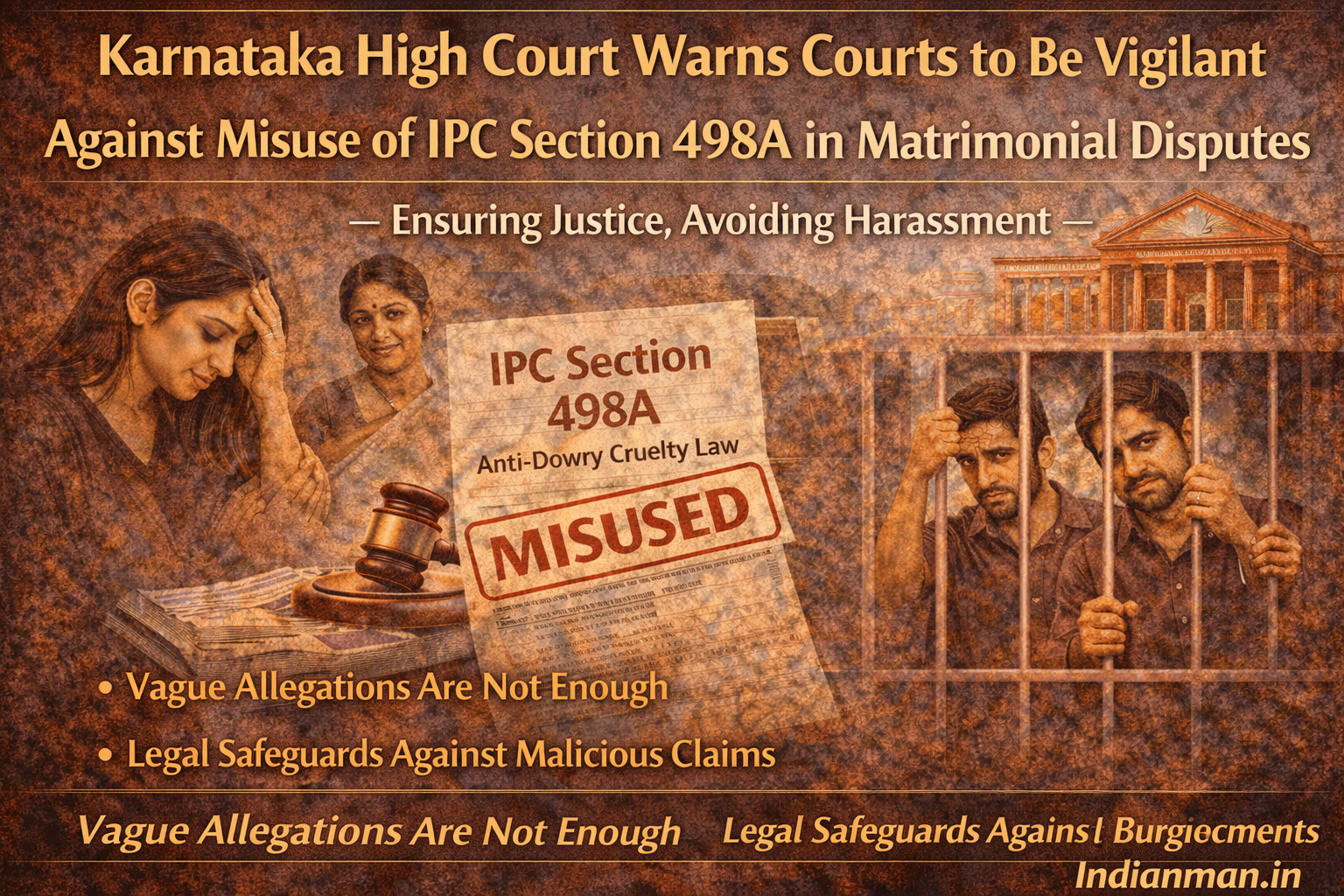Gujarat High Court Says Suicide Attempt and Public Defamation Are Mental Cruelty in Marriage
The Gujarat High Court recently dismissed a woman’s request to reunite with her husband under the Hindu Marriage Act. The court said her actions—including trying to take her own life and publicly defaming her husband—were serious examples of mental cruelty.
Justice Sanjeev J. Thaker upheld the decisions made by the trial and appellate courts. Both courts had earlier rejected the woman’s petition for restitution of conjugal rights under Section 9 of the Hindu Marriage Act, 1955.
The woman had married the man in February 2017. She claimed that her husband left her without any good reason and denied her access to their shared home. She asked the court to force her husband to return and continue the marriage. But the court said her own behavior justified the husband’s decision to leave.
One major reason was her suicide attempt soon after the marriage. The court said this was not just a personal issue, but something that caused deep emotional pain to her husband.
Another serious act was that she had printed and spread posters claiming her husband was missing. The court called this public defamation, which caused mental trauma and was a form of cruelty.
The judge stated, “Suicide attempts cannot be taken lightly and cannot be considered as forgiven or ignored.”
The court referred to past Supreme Court cases like Narendra v. K. Meena and Pankaj Mahajan v. Dimple, which held that repeated suicide threats or attempts are strong proof of mental cruelty. No person should be forced to live under such emotional pressure.
The court also said that marriage should be based on love and understanding. But if it turns into a situation of mental stress, threats, and public shame, then the law cannot force someone to stay in such a relationship.
The woman argued that the husband had to prove he had a good reason to leave. But the court found that her own statements—especially during cross-examination—were enough to support the husband’s case.
The High Court noted that restitution of conjugal rights is not automatic. It is a choice the court makes after looking at all the facts. Forcing someone to return to a toxic marriage is not fair.
In conclusion, the court said the appeal had no merit and dismissed it.
Case Number: R/SECOND APPEAL NO. 482 of 2024
Be a part our social media community:
Facebook: https://www.facebook.com/IndianMan.in?mibextid=ZbWKwL
Instagram:
https://www.instagram.com/indianman.in?igsh=MWZ2N3N0ZmpwM3l3cw==



